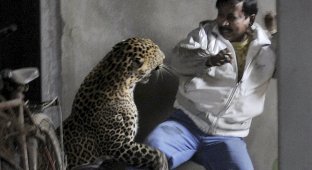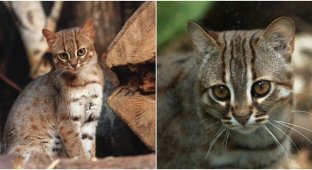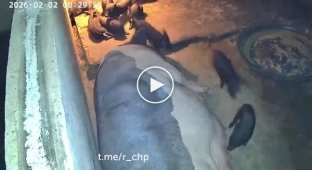Bera - an Indian village where people and leopards live side by side (7 photos + 1 video)
Along the sun-drenched mountains of Rajasthan lies India's leopard country. In and around the small village of Bera in Pali district, the majestic cats roam freely, while locals bow their heads in respect. 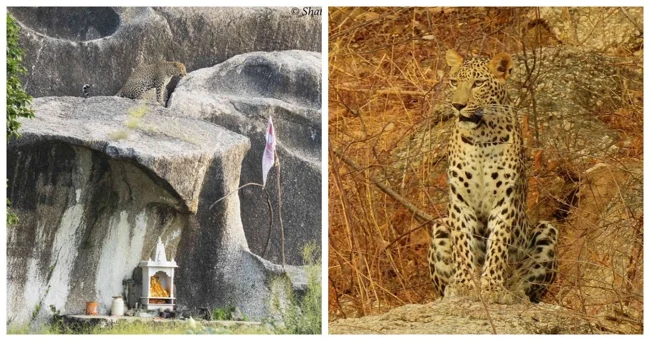
These villages are in perfect harmony: the leopards attract tourists and provide livelihoods, while the people allow the animals to destroy property. 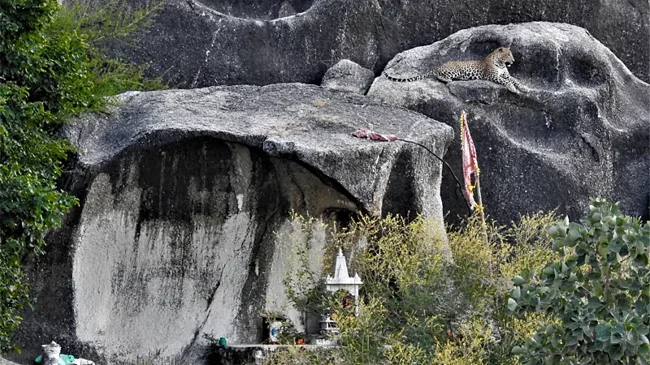
This strange tale of coexistence began about 45 years ago, when six leopards descended from Kumbhalgarh National Park in search of rocky mountains. Bera proved to be an ideal natural habitat, and a network of labyrinthine caves that crisscrossed the cliffs soon became their permanent home.
The cubs were born in the shade of the caves, and the maze of tunnels gave the cats enough space to change their location every three days. This lifestyle increased the chances of survival of the leopard cubs, so that where on average only one in three cubs survives, almost all three survived. The population soon increased by dozens of individuals, and by 2020, locals counted between 50 and 70 leopards in the area. 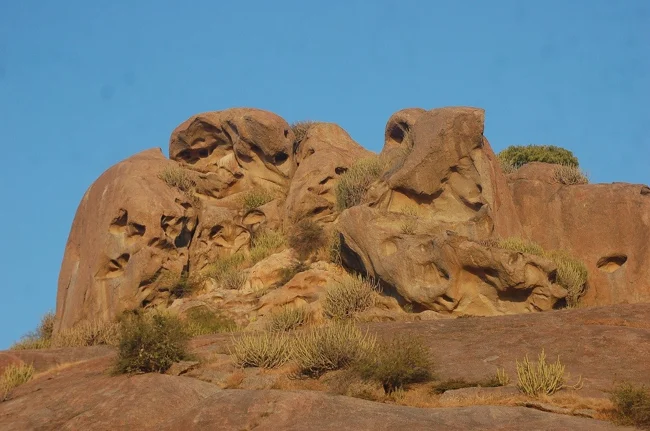
In 2003, a 20-square-kilometer area in Jawai Bandh around the village was turned into the Jawai Leopard Conservation Area. Safari guides guarantee a 99% chance of encountering a leopard during a safari, despite the fact that leopards still live outside the conservation area.
Thanks to the almost religious devotion of the local population, these cats have made themselves at home in the village lands and roam freely around ponds and roads. Leopards can be spotted at the steps of hilltop temples, and locals stop on their way to work when the cats cross the road like ordinary pedestrians. Other species roam here too - foxes, hyenas, bulls, crocodiles in the reserve and about 200 species of birds feel at home. 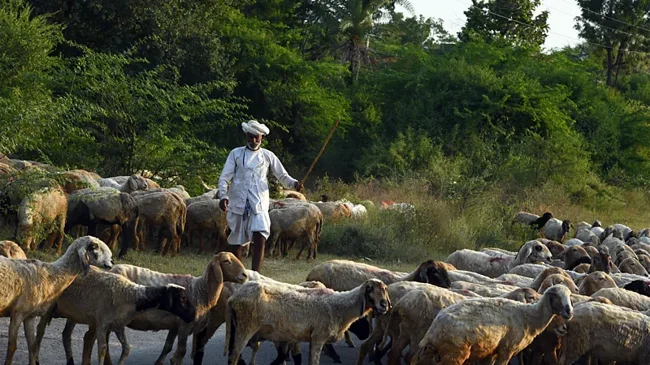
But none other than the big cat is considered to be the incarnation of the deity Ambey Mata. Leopards usually prey on the cattle and small ruminants that the locals raise, but the community does not resist this ecosystem. They believe that if a leopard takes a sheep from them, God will give them double the compensation.
Superstition has nothing to do with it, because the government acknowledges the rampant depredation and pays compensation for the loss of livestock under the Van Dhan Yojana program - 4,000 rupees per goat and about 15,000 rupees per cow. Many refuse to accept monetary compensation and simply wait for the life cycle to go on as usual. The cat is considered sacred, it is not touched, and its statue stands in almost every temple in the area. 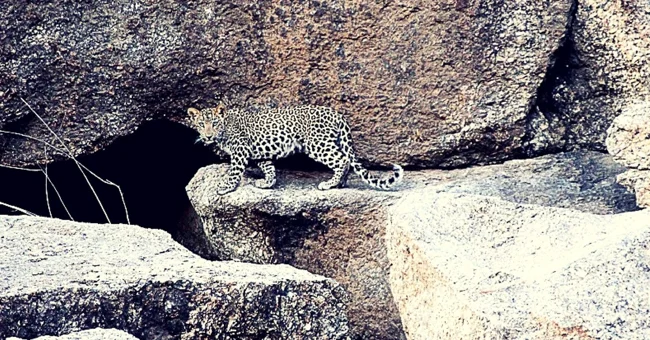
There are almost 14,000 leopards in India. But in most parts of the country, the mighty cat is being exterminated. Only here can you see cats roaming freely between houses and among people. 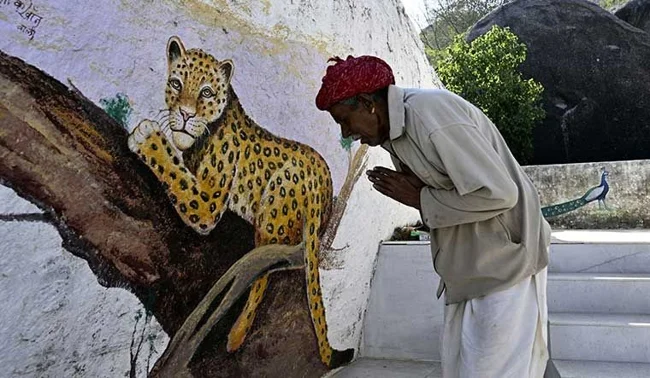
While most of the leopards were walking along the slopes, many also wandered into the private property of the village. But such a bold spectacle of nature playing with man clearly attracted the attention of if not the locals, then outsiders. In the last few years, tourists have appeared in the villages with binoculars hanging around their necks so that they can catch the long-awaited spectacle at any moment.
Many private properties have been leased to hotel and resort owners so that the hotels and resorts in the Jawai Bandh area can accommodate the tourists who have flocked here. The widespread publicity has led to an imbalance in the ecosystem in many ways. 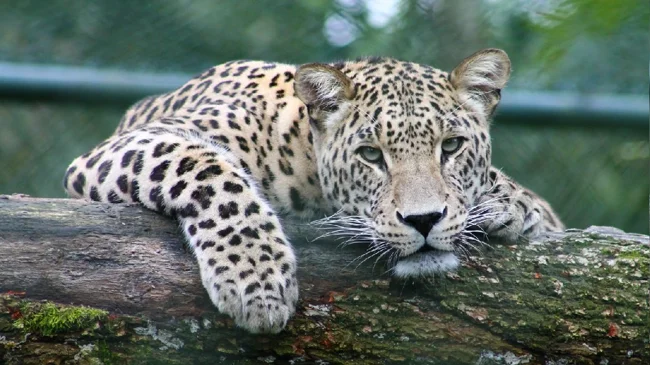
Whereas the leopard used to prowl for prey, now humans prowl for the leopard. Many safari guides place animal carcasses on the roads to lure the cats for demonstrations. Locals get money for the loss of livestock, and tourists get content for their social media. But in this game between humans, the space that leopards can roam is shrinking. The cats do not allow other males to enter their territory.
This means that with space for the growing population limited, attacks on cubs are becoming more frequent. Forest department continues to save leopards, but how long will its efforts last?












